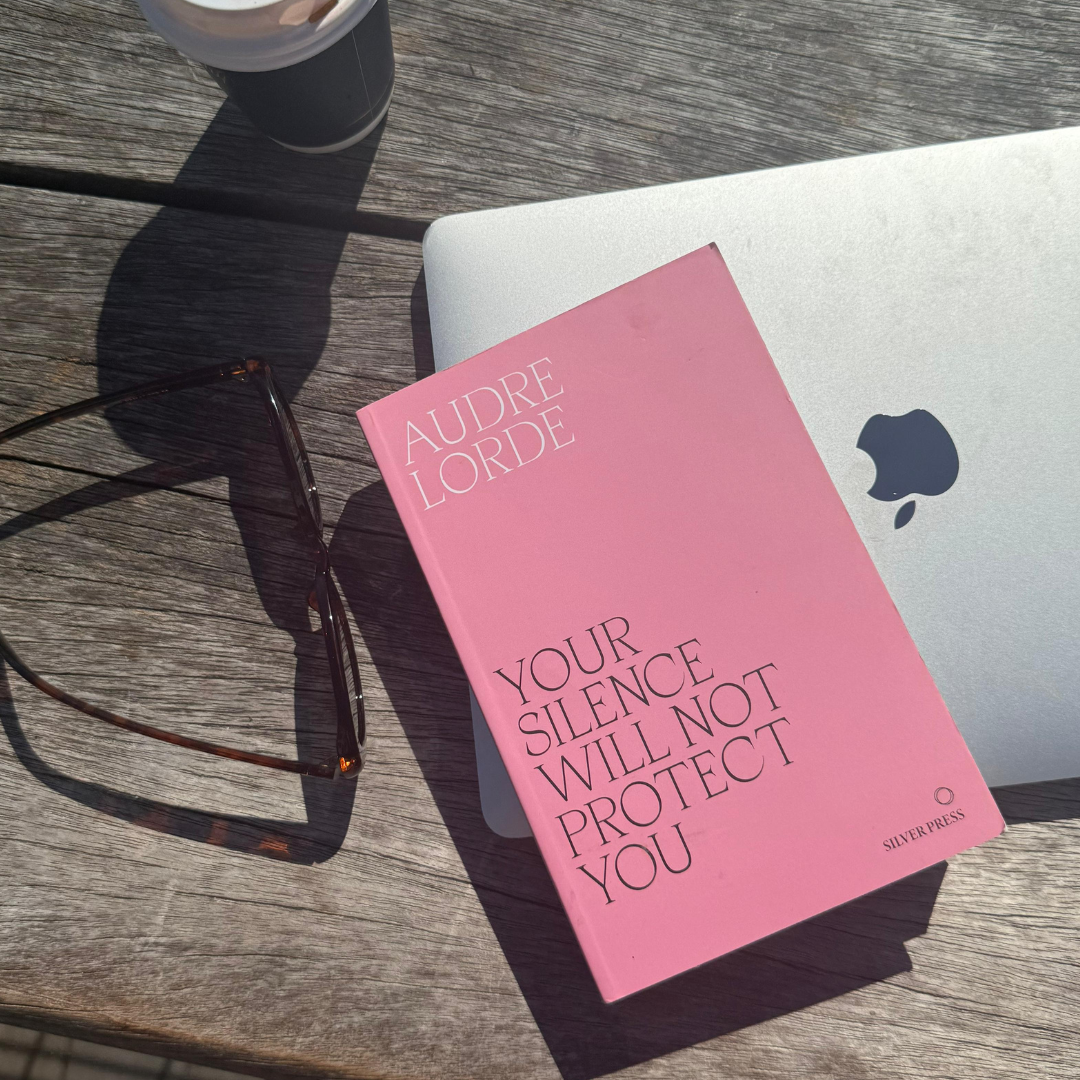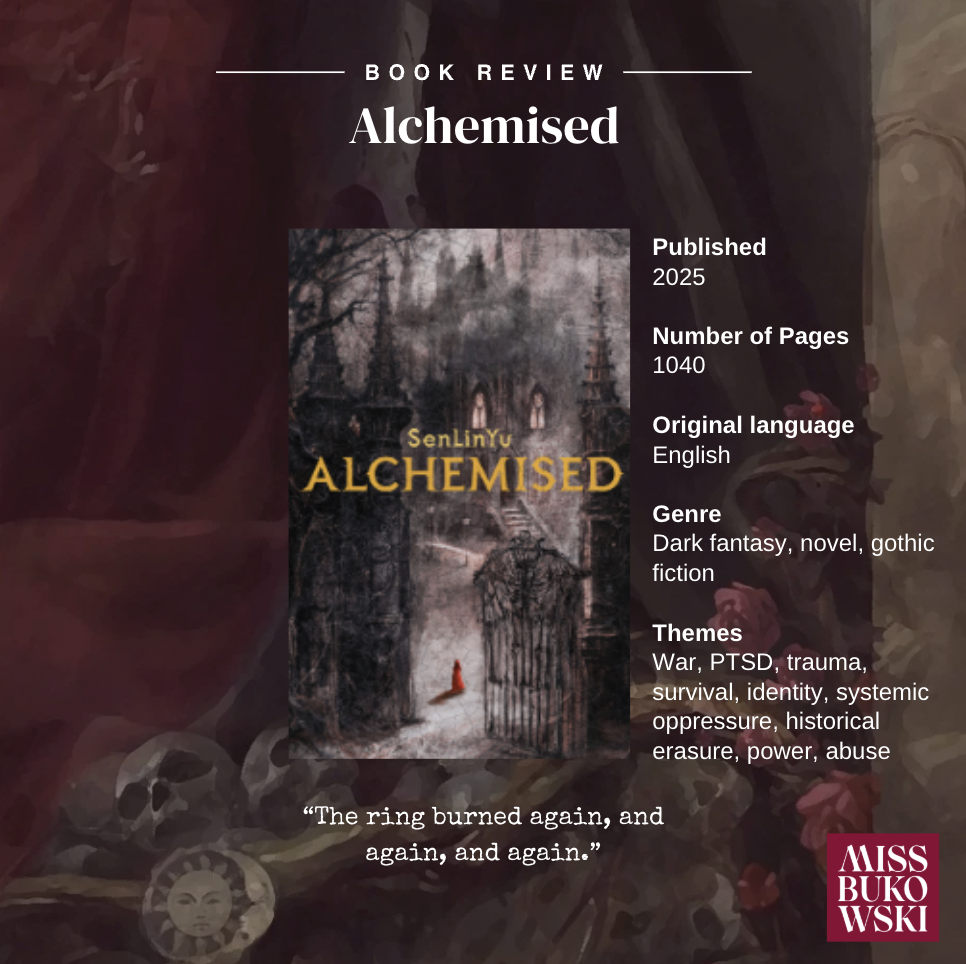"Two years before leaving home, my father said to my mother that I was very ugly."
The opening sentence completely encapsulates the heart of the novel, as this statement, narrated by novel's main character Giovanna, is a lie. What follows is a complex exposé of the dynamics of social, cultural, and economic factors in the life of a young Neopolitan teenager in the early 90s. Ferrante expertly untangles the transactional qualities of love, abandonment, intimacy and alienation, and expands on how, as we grow up and shed our childhood innocence, the world gains complexity and depth with its thick coat of many lies.
Elena Ferrante's writing is very peaceful and quiet, which goes extremely well with the sociocultural analysis of the novel. Similar to Sally Rooney, Ferrante expertly untangles the intricacies of family relations in a smooth, often hypnotic voice, and undermines the overwhelming awareness we experience through the main character's narration. The novel feels very much like analyzing a family under the intense light of a microscope, where every single vein is laid bare. Ferrante herself has described her writing style as “A cold surface and, visible underneath it, a magma of unbearable heat.”
The Facts
- Published: 2019
- Original title: La Vita Bugiarda Degli Adulti
- Original language: Italian
- Genre: Fiction Novel
The Gist
Giovanna is a fourteen year old girl from Naples during the 90s. She lives with her two parents, both professors, who belong to the upper middle class of the city. They're very close to another couple, Mariano and Constanza, who are also professors and have two children similar in age to Giovanna: Angela (the eldest) and Ida. They often have dinner together where all four adults have very complex conversations.
The novel begins when Giovanna's twelve years old and she overhears her father telling her mother he thinks Giovanna is beginning to resemble his estranged sister Vittoria. Giovanna interprets this as her father calling her ugly, as he has previously mentioned that Vittoria's evil and ugly. This is the moment her childhood is shattered and a series of complicated events follow the family of three.
The narrator is an older version of Giovanna recounting her early adolescence. Her father’s remark unleashed a wave of shame and self-loathing in the Giovanna: “I slipped away,” Giovanna says, “and am still slipping away.” Something in her became permanently untethered, and the reader is witness of this as she grows into a young woman incapable of loving herself.
“Lies, lies, adults forbid them and yet they tell so many.”
The novel focuses on the many kinds of lies that we tell in order to survive, and why people are unable to look at themselves too closely as they grow up. Through the lens of young Giovanna, we discover the lies buried in her family’s past and how her father’s own lies heavily affected the future of the women of their family.
Sex is a big subject in this book. Ferrante unfolds Giovanna’s earliest sexual memories in an extremely subtle way, without putting labels or opinions on Giovanna’s actions but just stating the facts. The least complicated sex in the book happens between women, when they’re young enough not to associate sex with sexual orientation.
The novel dives deeply into the subject of adolescence, a time of ridding oneself of childish illusions, recognizing the hypocrisy of adults, suffering romantic disappointment, and placing oneself in the structure of society.
When Giovanna meets the infamous Aunt Vittoria, she “falls” from the heights of society and into Vittoria’s lower class in the industrial neighborhood, where she lives in a small house, works as a maid, and speaks vulgarly. Giovanna’s world gains depth as Vittoria unveils the truth about her family’s past, and how the world is not as pristine as Giovanna believes it to be. Vittoria’s first act is to describe sex with her now-dead lover in terms equally fascinating and repulsive, concluding: "If you, in all your life, don't do this thing as I did it, with the passion I did it with, the love I did it with, and I don't mean eleven times but at least once, it's pointless to live."
The scattered pieces of Giovanna’s identity are deeply affected by the male assessments she undergoes as an teenager: While her father called her ugly at the beginning of the novel, another man calls her beautiful later on in the novel. These opposing statements encapsulate a crucial portion of her identity, how Giovanna perceives the concept of beauty, and how she ultimately learns how to detach her self-regard, self-love and her agency from external actions/opinions.
Throughout the novel, a bracelet that belonged to Giovanna’s grandmother helps shift the “light” from one woman to the other: The bracelet was on Constanza’s wrist at the beginning of the novel, then on Giovanna’s, later on Vittoria’s, and so on. The piece of jewelry acts as a thread between the women of the novel as a way to move the reader through the plot: there are women who wear the bracelet, some who merely hold it, and some who decide to leave it behind.
At the end of the novel, the writer highlights moments of disjuncture we all possess in our memory that later fade into oblivion, and gives very few answers to the many questions Giovanna poses as she becomes a young woman. This ending mirrors the ongoing process of growing up, where there is no real conclusion to our insecurities, fears and doubts. These unresolved questions later build the perspective with which we asses life
The Themes
- Power
- Self-judgement
- Sexuality
- Social hierarchy
- Human connections and their consequences
- Intimacy
- Motherhood
- Shame
- Self-loathing
- Innocence
- Alienation
- Lies and their consequences/reasons
- Disillusionment
The Motifs
- The bracelet
The Author
Elena Ferrante is the pseudonym of an Italian writer who remains anonymous. Her first book was published in 1992.










